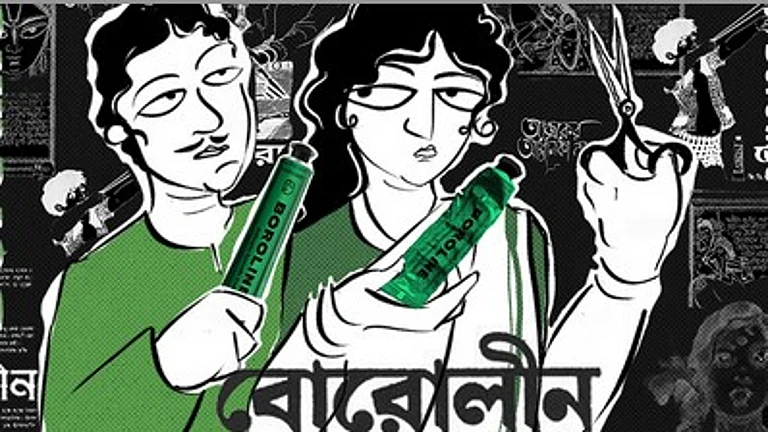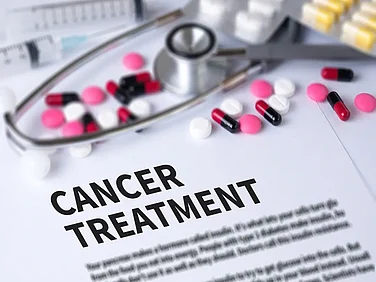Despite global bans and international treaties curbing the use of mercury in cosmetics, toxic skin-lightening products continue to flood online marketplaces, particularly in developing countries like India. Dermatologists, Nephrologists and green activists are raising serious concerns over this growing public health threat, as new global investigations reveal alarmingly high mercury levels in creams sold through popular e-commerce platforms.
A recent report by the Zero Mercury Working Group (ZMWG)—a coalition of over 100 environmental and health organisations from more than 55 countries—has found rampant non-compliance with mercury limits in skin-lightening products (SLPs) sold online.
The report, released ahead of the Minamata Convention’s pre-COP event a few days ago, found that 25 of 31 creams tested contained mercury concentrations far exceeding the legal limit of 1 part per million (ppm) set by national laws and the Convention. In India, environmental advocacy group Toxics Link discovered mercury levels between 7,331 ppm and 27,431 ppm in seven out of eight tested products—thousands of times higher than the permissible limit—that were being sold online.
“This is a serious violation of national safety regulations,” said Satish Sinha, Associate Director at Toxics Link. “E-commerce platforms must strictly enforce their prohibited product policies in India to prevent toxic, mercury-laden creams from reaching consumers.”
The investigation also exposes double standards in the application of safety policies. While only a few mercury-containing products were found on the website’s US and EU platforms, numerous illegal creams were easily available on its Indian site and other platforms serving the Global South.
Michael Bender, Co-coordinator of ZMWG, urged online marketplaces to adopt uniform safety standards globally: “If companies can enforce mercury bans in the US, they can do the same elsewhere. We call on them to test products for mercury before listing and to take full legal responsibility for compliance with public health laws.”
Dermatologists have warned that long-term exposure to mercury—even in small amounts—can have devastating consequences.
“Mercury in any form is harmful to the skin, and anything above 1 ppm is unsafe,” said Dr. Rashmi Sarkar, Director-Professor of Dermatology at Lady Hardinge Medical College, Delhi, and Regional Director (South Asia, Africa, and the Middle East) for the International League of Dermatological Societies (ILDS).
She cautioned that over-the-counter and online-sold fairness creams in India often contain dangerous levels of mercury and steroids, leading to both dermatological and systemic complications.
“These creams can cause skin thinning, hypersensitivity, and paradoxical darkening. Prolonged use can also lead to kidney damage, nervous system disorders, and even fetal harm in pregnant women,” Dr. Sarkar warned.
Dr Vinod Kumar K, Consultant-Nephrology at Manipal Hospitals in his blog talked in detail about the kidney damage due to mercury-added face creams. “Yes, mercury-laced fairness creams have been confirmed as a cause of kidney disease from skin creams, especially membranous glomerulopathy. The mercury poisoning symptoms often include gradual kidney damage leading to nephrotic syndrome, such as proteinuria and swelling, demanding immediate attention and care.”
Talking about the treatment, he said, “Stopping mercury exposure immediately is critical. Chelation therapy for mercury helps remove the harmful metal from the body. Some cases require immunosuppressants to manage inflammation.”
Sarkar also emphasised the deeper social roots of the issue. “Cultural stigma surrounding darker skin tones drives the demand for fairness creams. Until we address this bias, such hazardous products will continue to thrive.”
Dr. Diksha Agrawal Kesarwani, Consultant Dermatologist, Ghaziabad Dermatology Centre, highlighted that mercury compounds—such as ammoniated mercury and mercuric chloride—are used in these creams for their melanin-suppressing effects.
“However, mercury easily penetrates the skin and enters systemic circulation, where it disrupts enzymatic activity, damages kidneys, and affects the nervous system,” she cautioned and explained “chronic exposure can cause tremors, mood disturbances, nephrotic syndrome, and immune dysfunction.”
Although India’s Drugs and Cosmetics Rules (1945) and Bureau of Indian Standards (IS 4707, Part 1) prohibit mercury in skin cosmetics, enforcement remains weak, say the experts.
The surge in online marketing has made toxic creams more accessible than ever—even in remote areas. Attractive discounts, misleading packaging, and counterfeit versions of popular brands often lure customers into purchasing these harmful products, mistaking them for legitimate items, they added.
As Dr. Kesarwani noted, “What was once a limited urban issue has now become a national concern due to the deep penetration of e-commerce.”
“Public education must shift the narrative from ‘fairness’ to healthy skin,” Dr. Sarkar stressed. “Only then can we tackle both the cultural and chemical toxicity that fuels this dangerous trade.”



























